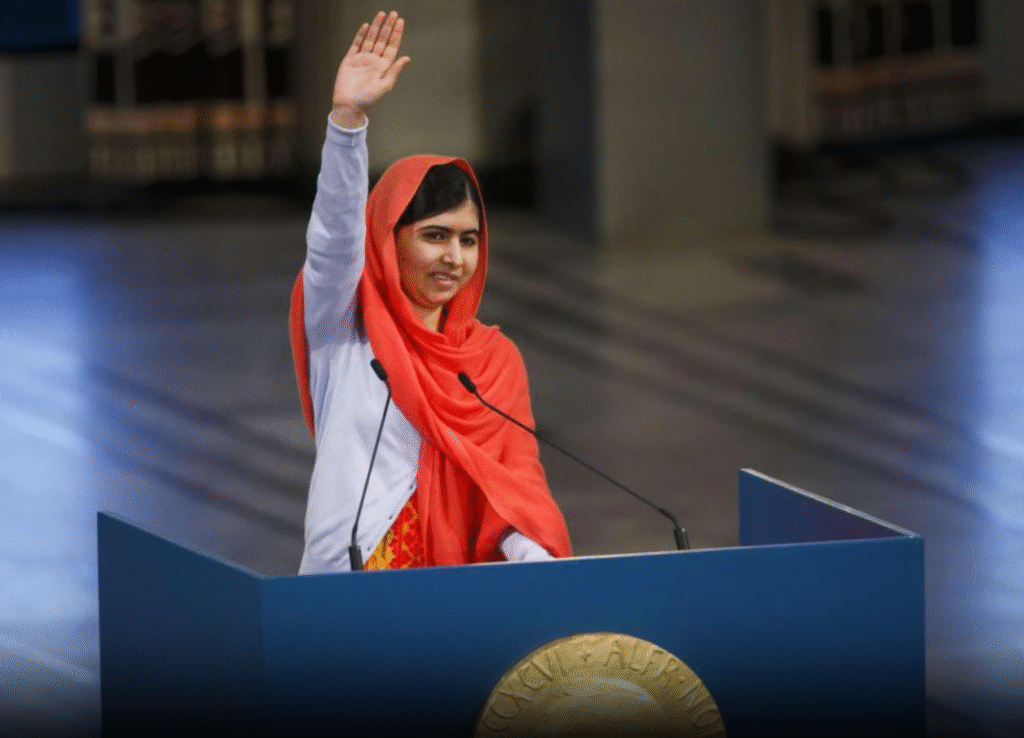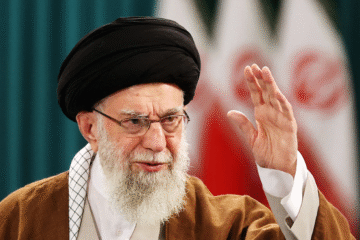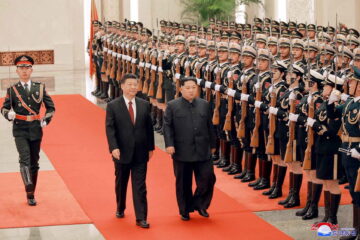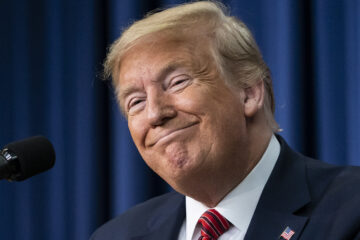The NOBEL PEACE PRIZE: an instrument of moral diplomacy or political influence?

I) The Nobel Peace Prize rewards deserving individuals and organizations (A) and can sometimes contribute itself to bringing peace (B)
A. Deserving individuals and organisations
The first Nobel Peace Prize was awarded in 1901 to Henri Dunand for the humanitarian work carried out by the International Committee of the Red Cross, which he created in 1863.
More recently, in 2014, the Pakistani female education activist Malala Yousafzai received the distinction while she was only 17. She had notably been victim of an assassination attempt in 2012, carried out by the Taliban, who sought to silence her.

Organisations have also been awarded the prize for their contribution to global peace, fraternity, and international cooperation. For instance, in 2020, the World Food Programme received the award for its efforts to combat hunger in conflict-affected regions amid the challenging context of the COVID-19 pandemic.
B. Contribution to peace and stability
In 1994, the Norwegian Nobel Committee decided to award the prestigious prize to Yasser Arafat, Yitzhak Rabin, and Shimon Peres in a bid to consolidate and legitimise the peace process initiated by the Oslo Accords (1993).

Two years later, in 1996, East Timorese opposition figures benefited from the global visibility provided by the Nobel Peace Prize to raise awareness of Indonesia’s occupation of their territory, which had begun in 1975.
II) However, the Nobel Peace Prize has sometimes been politically fraught (A) and its legitimacy questioned by non-Western countries (B)
A. Controversies surrounding the prize award
In 1973, the US Secretary of State, Henry Kissinger, received the prize jointly with the North Vietnamese diplomat, Le Duc Tho, for their efforts to end the Vietnam war, which had begun in 1955. However, Le Duc Tho declined the prize since peace had not been yet achieved and fighting was still ongoing in Southern Vietnam. The decision to designate Henry Kissinger as the Nobel Peace Prize laureate was widely criticised, as he was alleged to have borne responsibility for massive US bombing campaigns, thereby embodying values and principles contrary to the spirit peace.
The Nobel Peace Prize has also several times come under criticism for being awarded prematurely. A case in point is the prize awarded to President Obama in 2009 for his contribution to creating a “new climate” conducive to international cooperation, despite having been in office for only 9 months.

Likewise, in 2019, the Ethiopian Prime Minister Abyi Ahmed received the Nobel Peace Prize for the diplomatic reconciliation he initiated with Eritrea, though the next year he was accused of committing war crimes and crimes against humanity in the context of the Tigray war.
B. A Western diplomatic instrument
The Nobel Peace Prize has often been criticised for being a tool for the West to perpetuate a world order based on their own moral standards. Countries of the Global South, particularly Russia and China, have been vocal in questioning the prize’s legitimacy.
They also accuse the West of using the Nobel Peace Prize to interfere in the domestic affairs of foreign countries. For example, Lio Xiaobo received the prize in 2010 while imprisoned in China for promoting the respect of fundamental human rights in the country. In response to his award, China decided to launch its own prize the Confucius Peace Prize. The latter was notably awarded to Russia’s Vladimir Putin in 2011, Cuba’s Fidel Castro in 2014 and Zimbabwe’s Robert Mugabe in 2015.




0 Comments